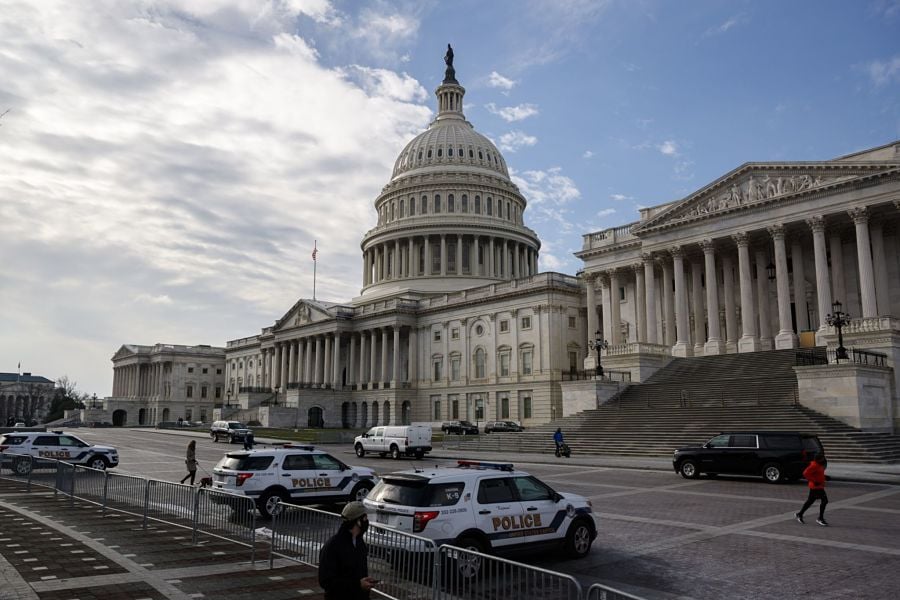

Small businesses that have laid off or furloughed workers this year may have one less worry, at least when it comes to their retirement plans, thanks to an emergency measure approved Monday by Congress.
Retirement savings provisions are scant in the Taxpayer Certainty and Disaster Relief Act, which is attached to the 2021 appropriations bill. But a short section of the legislation gives plan sponsors an extra three months of breathing room to avoid the consequences of partial plan terminations.
Normally, a reduction of 20% or more in a firm's head count in a year can trigger partial plan terminations. In such cases, an employer must pay the full amount of any matching contributions in the separated employees’ 401(k) accounts, even if those employees were not fully vested at the time they were laid off or furloughed. That can mean that plan sponsors have to write a big check.
“It is actually a pretty significant deal,” said Adam Sokolic, chief operating officer in HUB International’s retirement and private wealth division. “The plan sponsor is on the hook to fund that match.”
In addition, “most [small businesses] won’t even realize that something like this was triggered," Sokolic said. "Now you’re talking about penalties.”
The small section of the nearly 5,600-page stimulus bill states: “A plan shall not be treated as having a partial termination … during any plan year which includes the period beginning on March 13, 2020, and ending on March 31, 2021, if the number of active participants covered by the plan on March 31, 2021 is at least 80% of the number of active participants covered by the plan on March 13, 2020.”
Normally, that 80% figure applies to a calendar year. The extension gives businesses more time to rehire staff so that the partial plan termination is not necessarily triggered.
“In effect, it gives employers a few more months to get back on their feet and bring back the workforce to full operating capacity,” Will Hansen, chief government affairs officer at the American Retirement Association, said in an email. “If, for some reason, a company fails to meet the 80% percent threshold, yes, they would vest those employees; however, we may also see a number of employers then terminate their plan due to the inability to continue to afford this benefit, which would impact retirement security in America in the long term.”
The development is particularly helpful for businesses that have been heavily affected by the pandemic, such as hospitality, restaurants and airlines, Sokolic noted. HUB has been communicating with clients in those industries, he said.
Avoiding partial plan terminations can be important, as small businesses facing those may instead decide to fully shut down their plans, he said. If a plan is fully terminated, employers have more options to pay the complete vesting amounts for workers over time, he said.
“You don’t want someone … to terminate the plan in its entirety,” he said. “That’s really the worst possible outcome.”

Executives from LPL Financial, Cresset Partners hired for key roles.

Geopolitical tension has been managed well by the markets.

December cut is still a possiblity.

Canada, China among nations to react to president-elect's comments.

For several years, Leech allegedly favored some clients in trade allocations, at the cost of others, amounting to $600 million, according to the Department of Justice.
Streamline your outreach with Aidentified's AI-driven solutions
This season’s market volatility: Positioning for rate relief, income growth and the AI rebound
